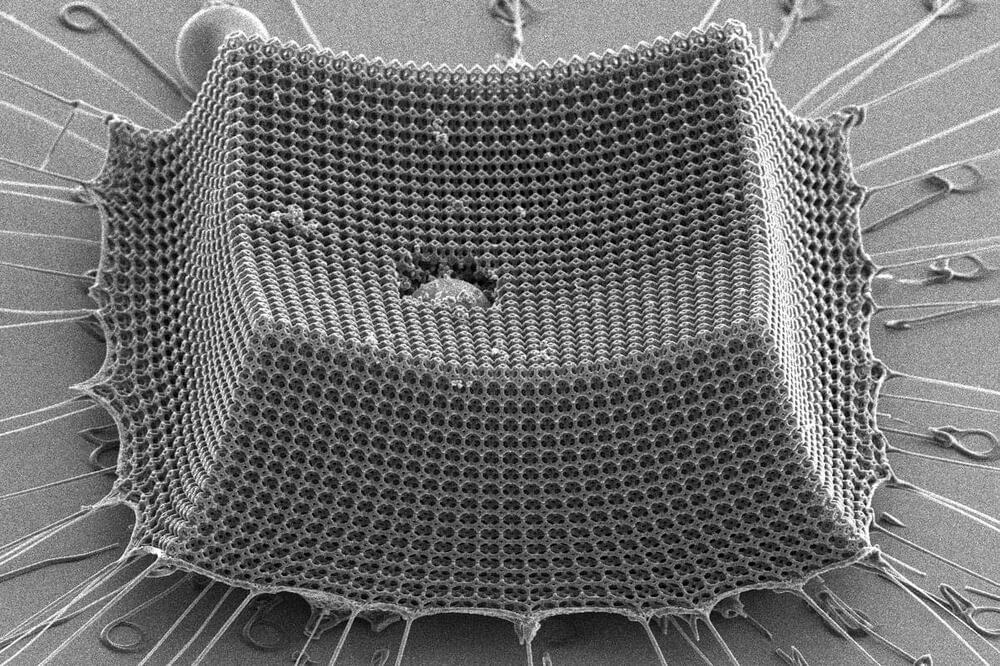We promise, this isn’t a joke.
A Seattle-based startup called Cybercat developed an aftermarket kit that will convert your shiny new Tesla Cybertruck into a catamaran, and there’s even an option for a hydrofoil extension, a report from InsideEVs reveals.
The hype around Tesla’s Cybertruck keeps growing in spite of a long stream of production delays. Several companies have aimed to cash in on that hype in recent months and years by announcing aftermarket additions to the EV pickup, including an RV attachment that has garnered its creators $100 million worth of preorders.







